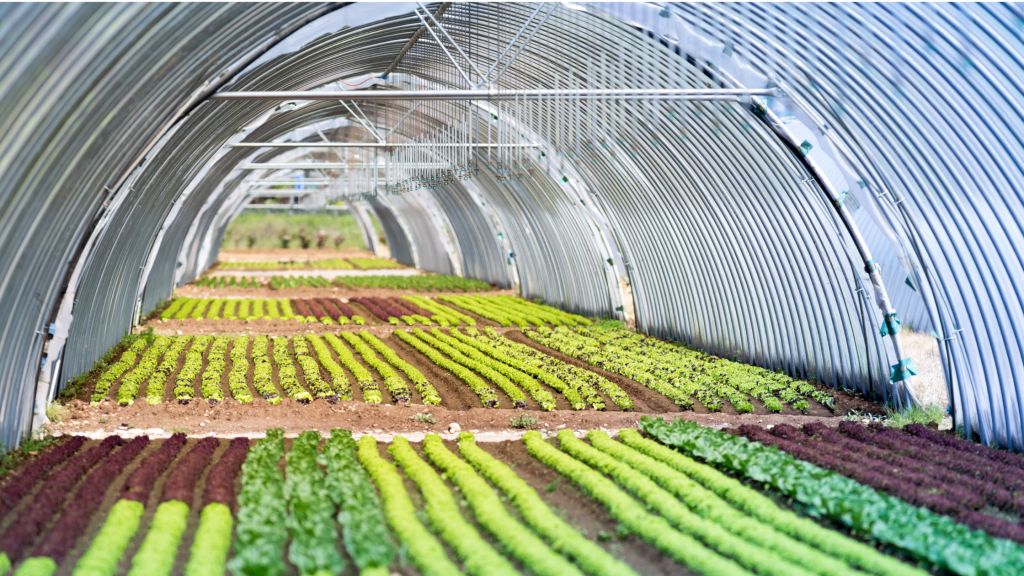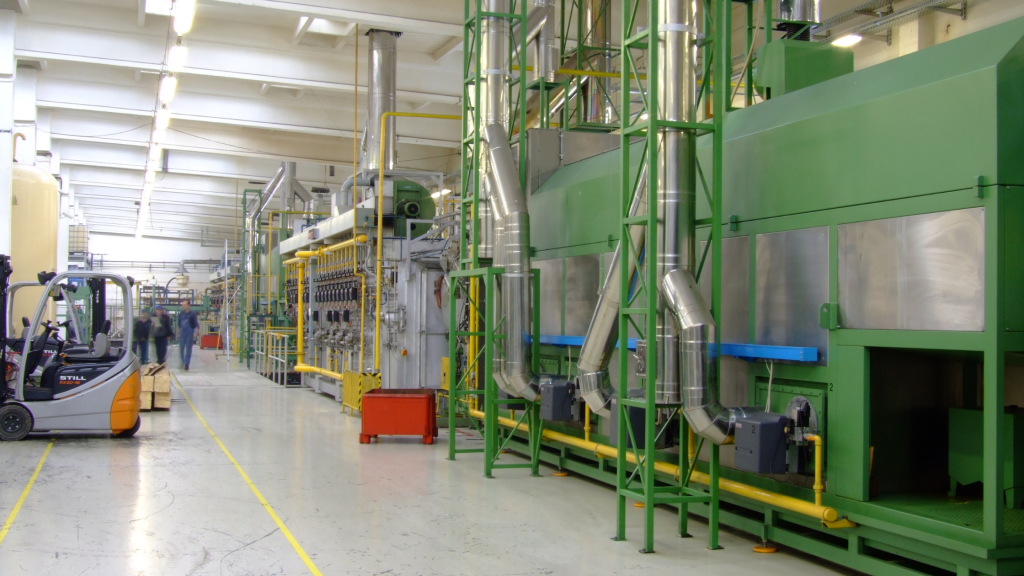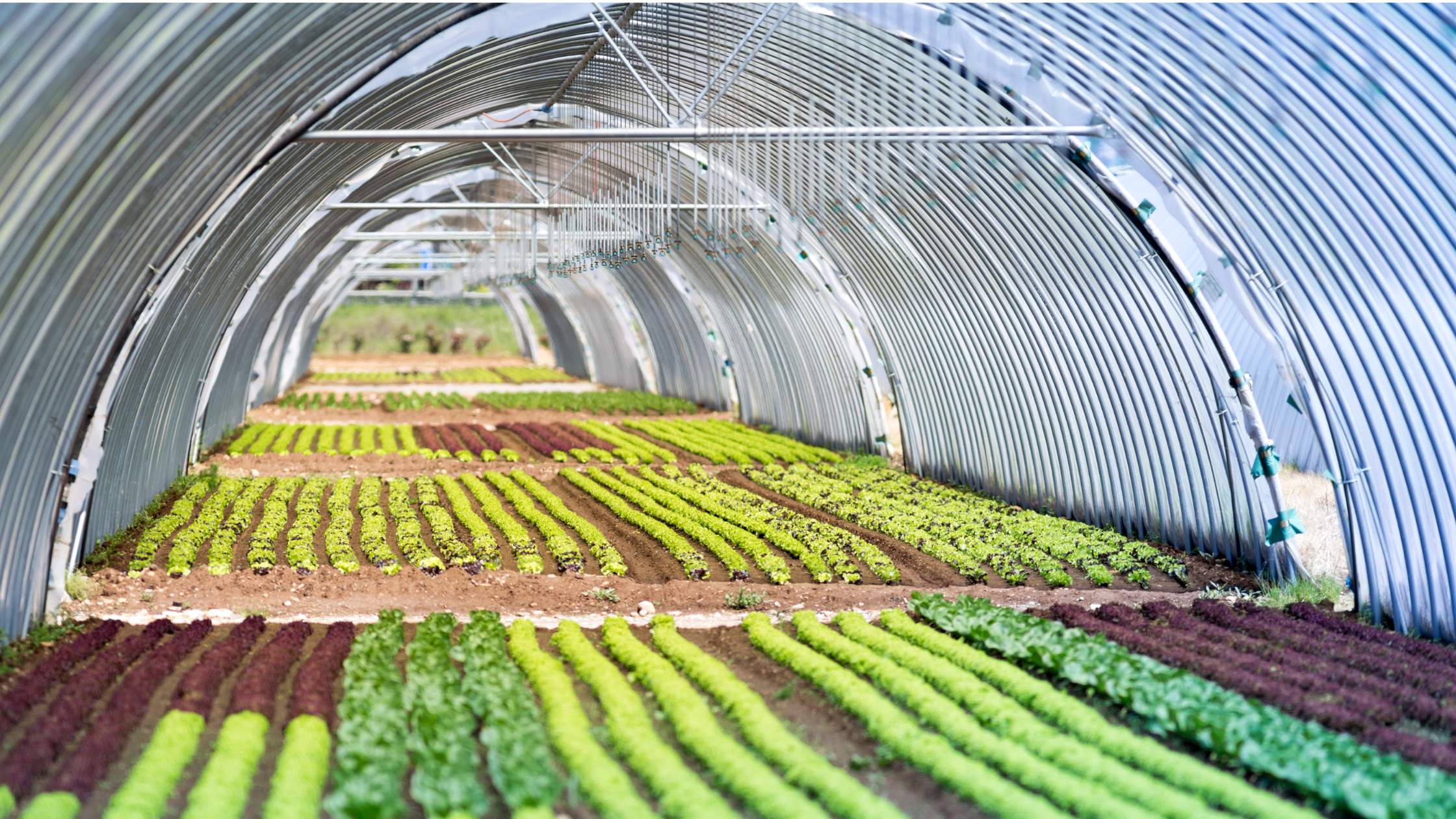¿Cómo puede impulsar resultados una producción limpia de alimentos?
Staying ahead in the fast-evolving food industry means more than creating great products; it involves building meaningful connections with consumers who care deeply about what they eat. At EnWave, we’ve seen firsthand how clean food production is a transformative approach that can revolutionize your business.

Understanding Clean Food Production
Clean food production refers to the practice of sourcing, processing, and distributing food in a way that prioritizes health, safety, and environmental sustainability. This includes using natural ingredients, minimizing artificial additives, and ensuring ethical sourcing practices throughout the supply chain. The clean label movement has gained significant traction among consumers who demand transparency and quality in their food choices.
The Business Case for Clean Food Production
1. Building Trust Through Transparency
Transparency is at the heart of clean food production. By openly sharing information about sourcing practices, ingredient origins, and production processes, brands can build trust with consumers. This trust is crucial in an era where misinformation can spread rapidly online.
- Traceability: Implementing traceability systems allows consumers to see where their food comes from and how it was made. Brands that can demonstrate a commitment to transparency often enjoy increased consumer loyalty.
- Third-Party Certifications: Obtaining certifications from reputable organizations can further validate your commitment to clean food practices. These certifications serve as tangible proof of your brand’s integrity.
2. Enhancing Brand Reputation
A strong reputation is invaluable in today’s market. Brands that prioritize clean food production often find themselves at the forefront of consumer preference:
- Positive Brand Perception: Consumers are more likely to associate your brand with quality and responsibility when you prioritize clean ingredients and sustainable practices.
- Differentiation: In a crowded marketplace, clean food production can set your brand apart from competitors who may not prioritize these values.
3. Attracting Health-Conscious Consumers
The modern consumer is increasingly health-conscious, seeking products that contribute positively to their well-being:
- Nutritional Benefits: Clean food production often emphasizes whole, minimally processed ingredients that retain their nutritional value. This focus on health can attract a dedicated customer base.
- Functional Ingredients: Incorporating functional ingredients—such as probiotics or superfoods—into your product line can further appeal to health-oriented consumers.
4. Supporting Local Economies
Emphasizing local sourcing not only supports community farmers but also resonates with consumers who value sustainability:
- Community Engagement: Brands that source locally often engage with their communities more meaningfully, fostering loyalty among customers who appreciate supporting local businesses.
- Reduced Environmental Impact: Sourcing ingredients closer to home minimizes transportation emissions and supports sustainable agricultural practices.
5. Mitigating Risks
Investing in clean food production practices can help mitigate various risks associated with food safety and quality:
- Reduced Recall Risks: By maintaining high standards for ingredient sourcing and processing, brands can minimize the likelihood of product recalls due to contamination or safety concerns.
- Compliance with Regulations: Adhering to clean food standards helps ensure compliance with increasingly stringent regulations regarding food safety and labeling.

Brands Leading the Clean Food Revolution
To illustrate the impact of clean food production on brand success, let’s examine a few companies that have successfully integrated these practices into their operations:
Nature’s Path
Nature’s Path is a leading organic cereal manufacturer that prioritizes sustainability in its operations:
- Sustainable Farming Practices: The company employs regenerative agriculture techniques that improve soil health while minimizing chemical use.
- Waste Reduction Initiatives: Nature’s Path has diverted over 92% of its waste from landfills through innovative recycling programs.
These efforts have not only bolstered Nature’s Path’s reputation but also attracted a loyal customer base committed to supporting sustainable brands.
Beyond Meat
Beyond Meat has revolutionized the plant-based protein market by prioritizing transparency and sustainability:
- Ingredient Sourcing: The company is transparent about its ingredient sourcing, emphasizing non-GMO components free from artificial additives.
- Environmental Commitment: Beyond Meat actively promotes its lower carbon footprint compared to traditional meat production methods.
This commitment has resonated with environmentally conscious consumers and positioned Beyond Meat as a leader in the plant-based protein sector.
Innovative Solutions for Clean Food Production
As you consider implementing clean food production practices within your organization, it’s essential to leverage innovative solutions that align with these principles:
1. Advanced Processing Technologies
Investing in advanced processing technologies can enhance product quality while adhering to clean label standards:
- EnWave’s REV™ Technology: This innovative dehydration method preserves the nutritional integrity and flavor of foods while minimizing energy consumption. By adopting REV™ technology, brands can create high-quality products that meet consumer demands for clean labels without sacrificing taste or texture.
2. Natural Preservatives
Replacing artificial preservatives with natural alternatives is crucial for maintaining clean labels:
- Research Natural Options: Explore natural preservatives such as rosemary extract or vinegar that extend shelf life without compromising safety or quality.
3. Sustainable Packaging Solutions
Packaging plays a vital role in conveying your commitment to cleanliness and sustainability:
- Eco-Friendly Materials: Consider using recyclable or compostable packaging materials that resonate with environmentally conscious consumers.
A Cleaner, Smarter Future
Clean food production isn’t just about following trends; it’s about leading them. At EnWave, we’re not just technology providers; we’re partners in your innovation journey.
Ready to Revolutionize Your Production?
Let’s talk about how REV™ can transform your approach to food processing. Our team is passionate about helping you create products that don’t just meet market demands, they exceed consumer expectations.
Contact EnWave today to schedule a consultation and discover a smarter way to produce food.


